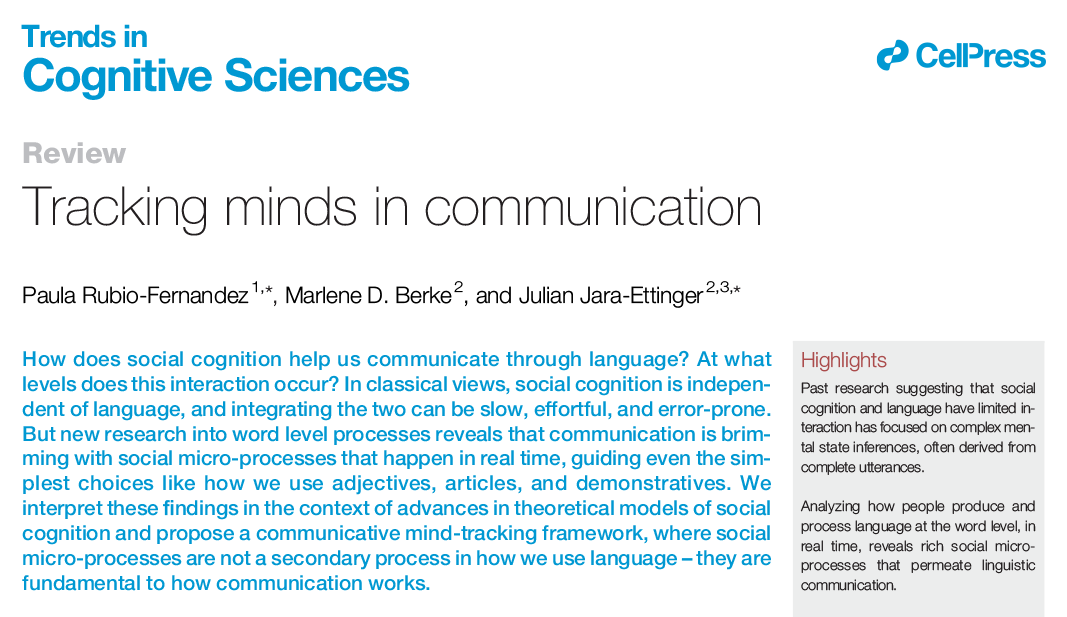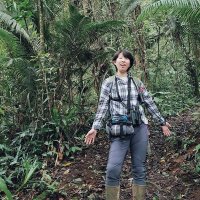
Nazli Altinok
@naz_altinok
Asst. Prof. @KocUniversity, PhD in Cognitive Science @CogDevCEU. Interested in social cognition 👶🏻 👧🏽 🦧 A big fan of kindness and peanuts.
ID: 902901799782408192
30-08-2017 14:32:18
1,1K Tweet
437 Followers
521 Following





@lksamueltweet Mariya Toneva @ally_mackey Eliot Hazeltine #cogsci2025 will happen in San Francisco July 30–Aug 2 2025, in the capable organizational hands of Azzurra Ruggeri, David Barner, Caren Walker, and Neil Bramley – can't wait!




🚨 Exciting opportunity🚨 Tenure track position in Social Cognition is now open at Universität Wien: jobs.univie.ac.at/job/Tenure-Tra…



Animals—from bees to butterflies, porcupines to primates—medicate themselves. They seek out bitter plants, treat wounds, amputate limbs, and eat clay. How do they know what they know? Our latest episode, w/ Jaap de Roode & M. Huffman! Listen: disi.org/animal-heal-...




Tracking minds in communication Review by Paula Rubio-Fernandez, Marlene D. Berke (Marlene Berke), & Julian Jara-Ettinger Free access before Feb 5: tinyurl.com/4fhy4am4


📢New paper in PNASNews, led by my amazing student Yihan Qian found that placing two hands at the same height (an EQUAL gesture) mitigates gender stereotypes The University of Chicago UChicago Social Sciences UChicago News pnas.org/doi/10.1073/pn…












